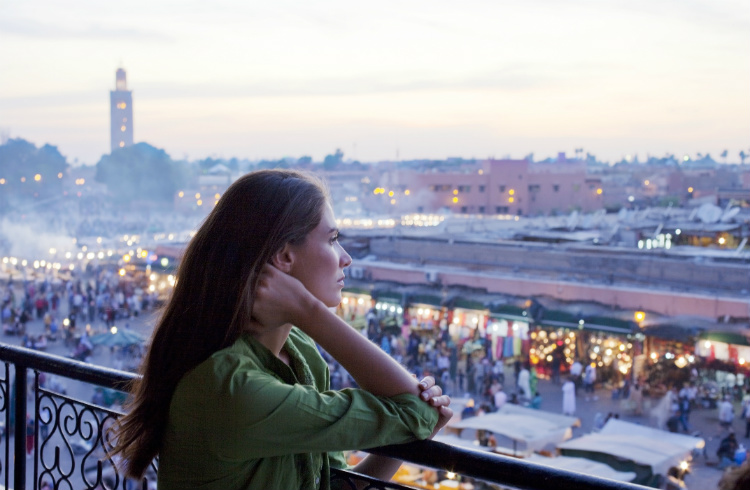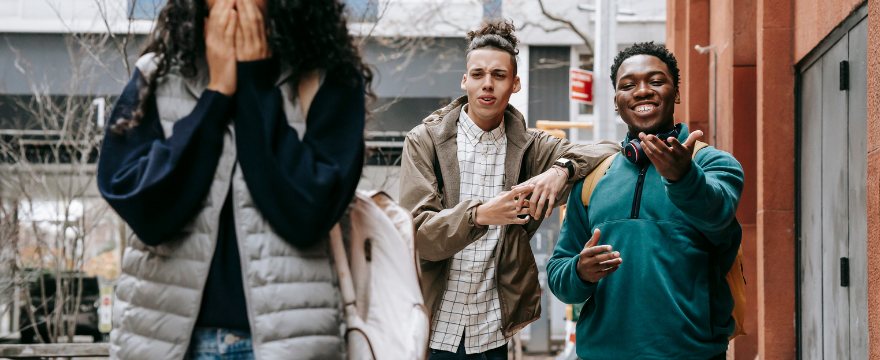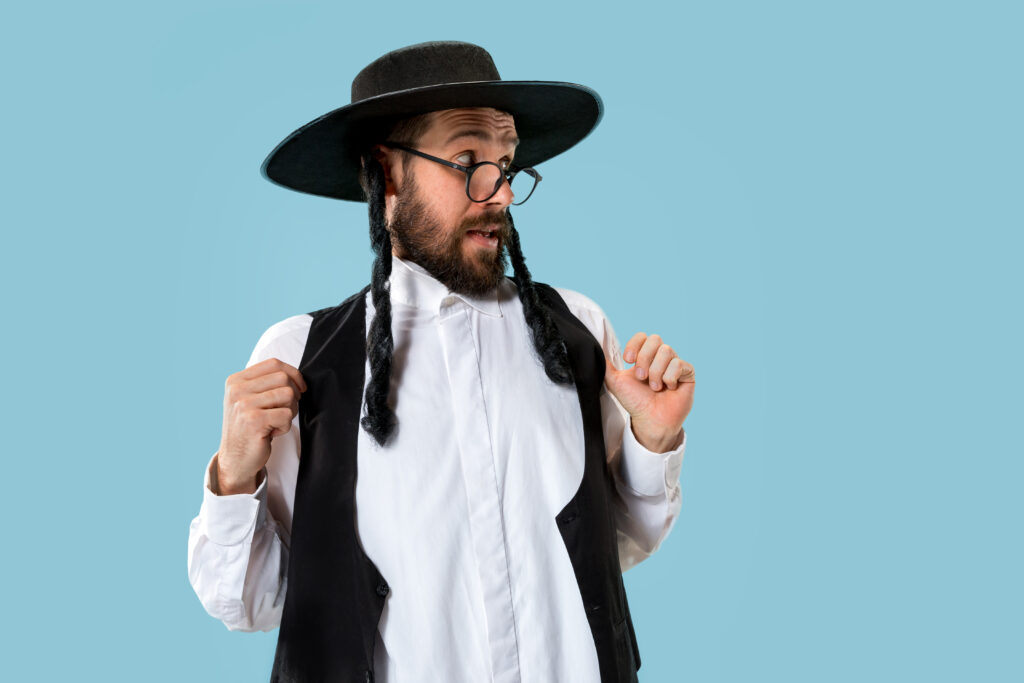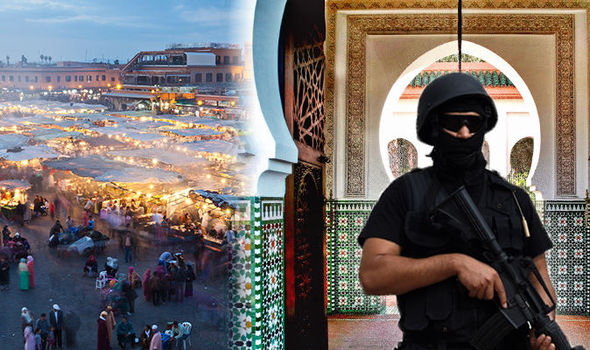As you plan your visit to Morocco, a common question arises: Is Morocco a safe place to visit? This North African destination is beloved for its vibrant culture, historic cities, and beautiful landscapes, but travelers are understandably concerned about their safety, especially after recent global events and natural disasters.
General Safety in Morocco
Morocco is generally considered a safe destination for tourists, particularly in major cities such as Marrakech, Casablanca, and Fes. The Moroccan government prioritizes the safety of visitors, and there is a noticeable presence of security in popular tourist areas. Petty crimes like pickpocketing can occur in crowded markets, so it’s important to stay vigilant, but violent crimes are rare.
Is Morocco Safe from ISIS?
Terrorism is a global concern, and many travelers are understandably worried about extremist threats when visiting new destinations. However, Morocco has a strong record in combating extremism and has been regarded as one of the safest countries in North Africa when it comes to such threats. The Moroccan government has implemented a comprehensive approach to counter-terrorism, which includes not only military and law enforcement strategies but also programs aimed at addressing the root causes of extremism, such as poverty and radicalization.
Since the rise of ISIS in the Middle East, Morocco has taken substantial steps to prevent the group’s influence within its borders. The country has enacted robust anti-terrorism laws that give its security forces the authority to act swiftly against any potential threats. In addition, Morocco works closely with international intelligence agencies and security organizations, such as the U.S., the EU, and neighboring countries, to share information and thwart possible attacks.
One of the key components of Morocco’s success in fighting terrorism has been its proactive approach to identifying and dismantling extremist cells before they can carry out attacks. Moroccan authorities have arrested numerous suspected terrorists and disrupted several plots over the last decade, earning international praise for their vigilance.
Morocco also places a strong emphasis on countering extremist ideologies through education and religious reforms. The country has invested in training moderate Islamic leaders and promoting a version of Islam that focuses on tolerance and coexistence. This has made Morocco a leader in the region when it comes to combating extremist narratives.
As of 2024, there have been no major ISIS-related incidents in Morocco, and the country remains widely considered safe from the group’s threats. The combination of Morocco’s effective security infrastructure, international cooperation, and social programs have made it a secure destination for tourists. While it’s always important to stay informed and cautious, travelers to Morocco can feel confident in the country’s ongoing efforts to maintain safety and stability.
Is Morocco Safe for Women?
Solo female travelers often ask, Is Morocco safe for women? While Morocco is generally a safe destination for women, it’s important to be mindful of cultural norms and practices, particularly in more traditional or rural areas. Morocco is a predominantly Muslim country, and certain behaviors or dress styles that might be common in Western countries could attract unwanted attention here. However, with a little preparation and awareness, women can have a safe and enjoyable experience traveling in Morocco.

Dress and Cultural Awareness
Dressing modestly can go a long way toward avoiding uncomfortable situations. While there is no strict dress code for tourists, it is recommended to wear loose-fitting clothing that covers shoulders, arms, and legs. Long skirts, loose pants, and shirts that cover the shoulders are often good options. In major cities like Marrakech, Casablanca, and Rabat, locals are more accustomed to seeing tourists in varied attire, so you may notice that Western styles are more accepted. However, in rural areas or smaller towns, modest clothing is especially important to show respect for local customs and to reduce any attention that may feel intrusive.
Navigating the Streets
Moroccan cities, especially tourist hubs like Marrakech, Rabat, and Fes, are bustling with activity. Women traveling alone will often find themselves surrounded by locals and other tourists alike. During the day, it’s generally safe to walk around the medinas (old towns) and markets, but at night, it’s recommended to stick to well-lit, busy areas. If you plan to explore after dark, make sure to know the area well, or consider asking your accommodation for advice on which areas are safe.
If you do find yourself needing transportation, using registered taxis or reputable rideshare services such as Careem (Morocco’s version of Uber) is a good idea. Many solo female travelers advise against taking rides from unmarked taxis or walking alone at night in unfamiliar areas. Hotels and riads (traditional Moroccan guesthouses) can help you arrange trustworthy transportation.
Street Harassment and How to Handle It
While the majority of Moroccan men are respectful toward women, street harassment can sometimes be an issue, particularly for solo female travelers. Comments, whistles, or attempts to engage in conversation are common, especially in crowded marketplaces. While this behavior can feel intimidating, it’s typically harmless. Most female travelers report that ignoring the attention or responding with a firm but polite “no, thank you” (“La, shukran” in Arabic) works well to deflect unwanted advances.

It’s important to remember that while these interactions can be uncomfortable, they are usually not dangerous. However, if you ever feel unsafe or threatened, head to a more populated area or find a local shopkeeper or authority figure who can assist you.
Staying in Female-Friendly Accommodations
Another consideration for women traveling alone in Morocco is accommodation. Major cities offer a variety of hostels, hotels, and riads that cater specifically to solo female travelers. Staying in well-reviewed accommodations, especially those with female-only dormitories or private rooms, can help provide a sense of security and community. Many riads and guesthouses are run by women or have female staff who understand the concerns of solo female travelers and can offer helpful advice for getting around safely.
Interacting with Locals
While Morocco is welcoming to tourists, it’s important for solo female travelers to be mindful of social interactions. Moroccan society is generally more conservative, and public displays of affection are frowned upon. It’s also advisable to avoid overly friendly interactions with strangers, especially men, as this could be misinterpreted. Politeness and clear boundaries are key.
Moroccan women are usually reserved in public spaces, but you’ll find them warm and welcoming in settings like riads, shops, or cafes. Taking the opportunity to interact with local women can offer unique insights into the culture, and female travelers often report having enriching conversations and connections during their stay.
Is Morocco Safe for Jews?

Morocco is known for its religious tolerance and has a long history of Jewish culture, particularly in cities like Essaouira and Casablanca, which have prominent Jewish communities and synagogues. The Moroccan government has invested in preserving Jewish heritage sites, further signaling a welcoming environment for Jewish visitors. Jewish festivals, such as the Hiloula pilgrimage to the tombs of revered rabbis, continue to be celebrated in Morocco, showcasing the enduring presence of Jewish traditions. While it’s always advisable to remain cautious, Morocco has remained a relatively safe destination for Jewish tourists, with very few reports of anti-Semitic incidents.
Is It Safe to Travel to Morocco After the Earthquake?
n the aftermath of Morocco’s earthquake in 2023, many potential travelers are concerned about the country’s safety and infrastructure. Thankfully, Morocco has made significant strides in recovery, especially in regions outside the earthquake’s epicenter. Tourist areas and major cities have remained largely unaffected by the damage, and the government has focused on rebuilding efforts to ensure safety. Travelers are encouraged to stay updated on local news and government advisories, but for the most part, Morocco is still safe to visit post-earthquake.
Final Safety Tips for Travelers
Stay in well-known tourist areas, especially at night.
- Be mindful of local customs and dress modestly, especially in rural areas.
- Use official taxis or rideshare apps for transportation.
- Keep your belongings close and be cautious in crowded markets.
- Always check travel advisories before your trip to stay informed on current conditions.

